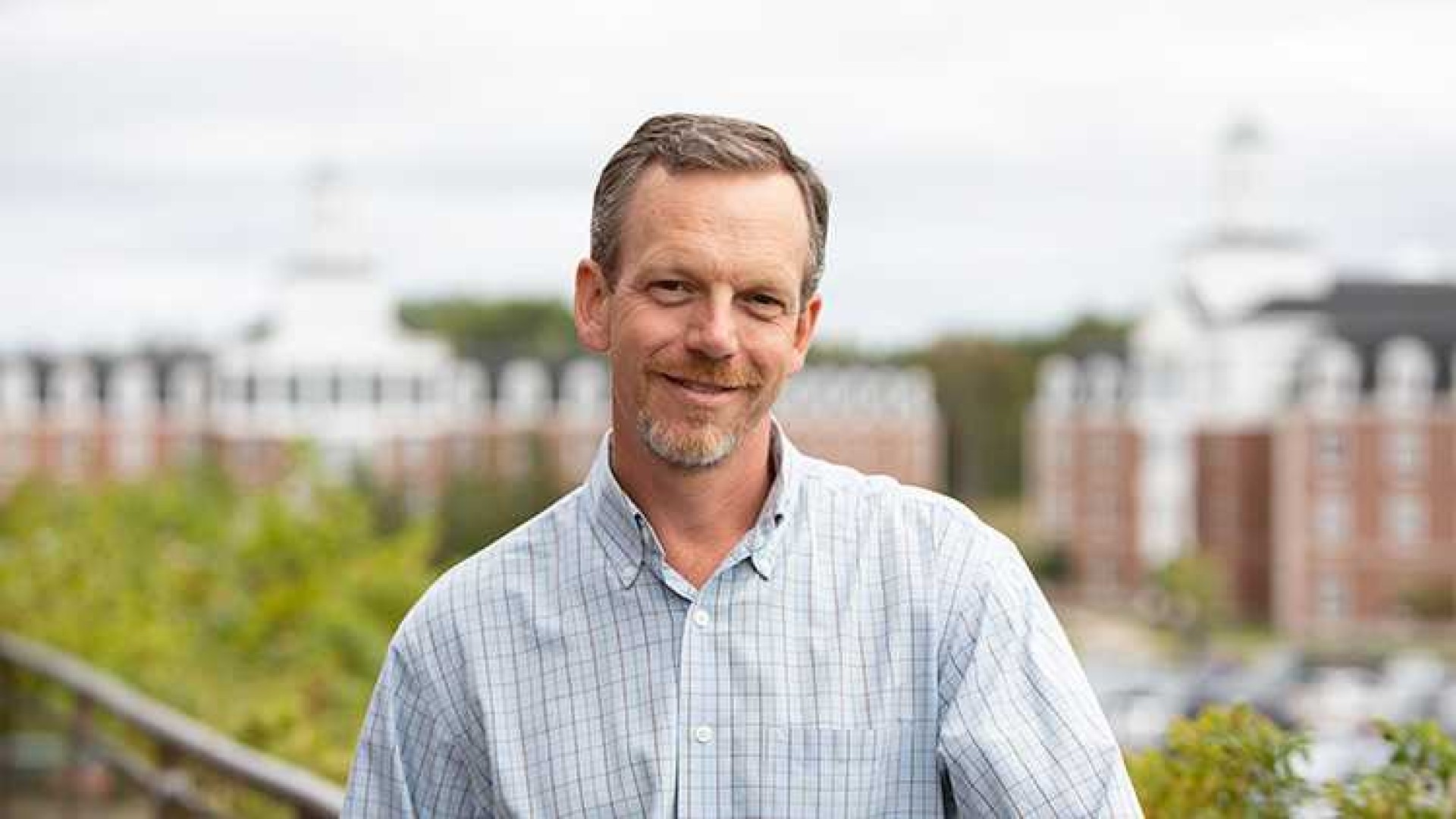
StFX Education professor Dr. Chris Gilham receives $25,000 Standing Together grant to evaluate school-based programming that could help disrupt cycles of domestic violence.
StFX education professor Dr. Chris Gilham has received $25,000 in funding from the Nova Scotia government through its Standing Together To Prevent Domestic Violence Connect Grants. The Connect Grants provide one-year funding to support already funded, ongoing projects that help community groups and organizations develop and test new ways to prevent domestic violence, support victims and their families, and share the story of what they are learning about how to address this complex issue. The current grant brings people together to share results, build stronger networks and future plans.
The government will use the learning and evidence gathered from these projects to inform plans for ending the cycle of domestic violence in Nova Scotia.
Dr. Gilham has received this funding for a project entitled, Guys’ Work 7/8: Gendered Healthy Living Classes Nova Scotia, a partnership with the Department of Education and Early Childhood Education, Bridges Counselling, Family Services of Northeastern Nova Scotia, and five Regional Centres of Education. Dr. Gilham is working closely with Moe Green, who has been facilitating and training facilitators for high school guys groups across the province for many years now.
Schools across the province will be implementing Healthy Living classes and groups for male identified youth in Grades 7 and 8. Once that project is complete, the Connect grant will allow for the next phase of the project, which will involve sharing the results with guys group facilitators and community organizations, to discuss lessons learned, facilitator experiences, and how the work can continue to move forward effectively.
“Moe has so much experience, wisdom and thoughtfulness for this work. It’s been an absolute privilege to work with and learn alongside him,” Dr. Gilham says. “We’ve already trained more than 50 school-based guys groups facilitators across the province and the feedback on that training has been overwhelmingly positive. This is mainly because of Moe’s exemplary facilitation skills. COVID-19 has put a pause on the project but we do hope to get back to this work in the fall,” he said.
“Having already received funding last year to evaluate the effectiveness of the guys’ groups, this additional funding will really help us collectively envision and enact a plan to sustain the guys’ groups longer-term, if not expand them significantly” he says.
“The commitment and support of the province, via the Status of Women has been tremendous. This work allows us to do important upstream work with young guys, to help rewrite traditional scripts that say they can’t seek help for themselves or their friends, and especially those messages young guys receive about what it means to be men, and what it means to be in healthy relationships with others.”
This research is, in part, made possible by the Government of Canada Research Support Fund.

